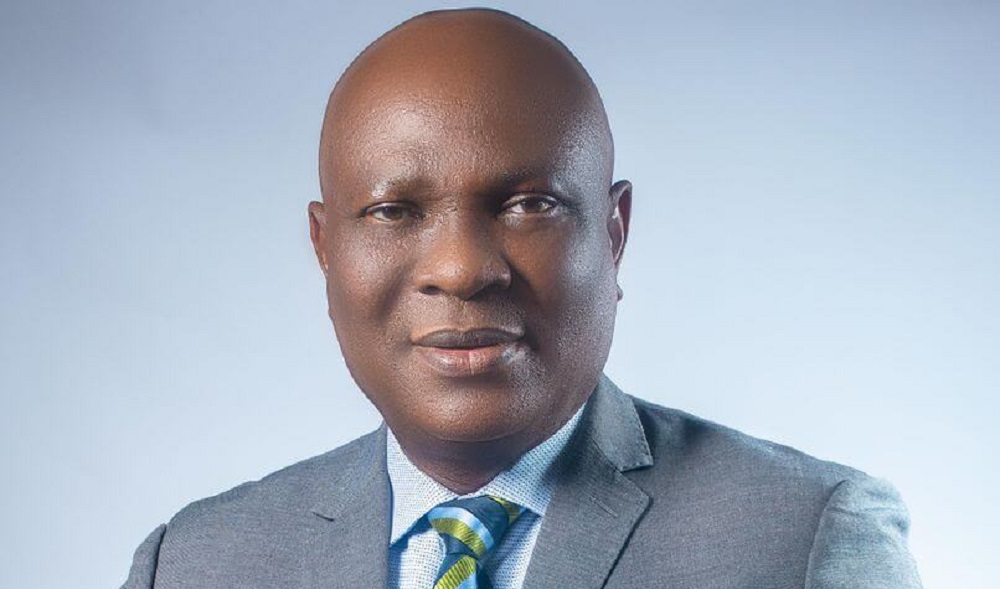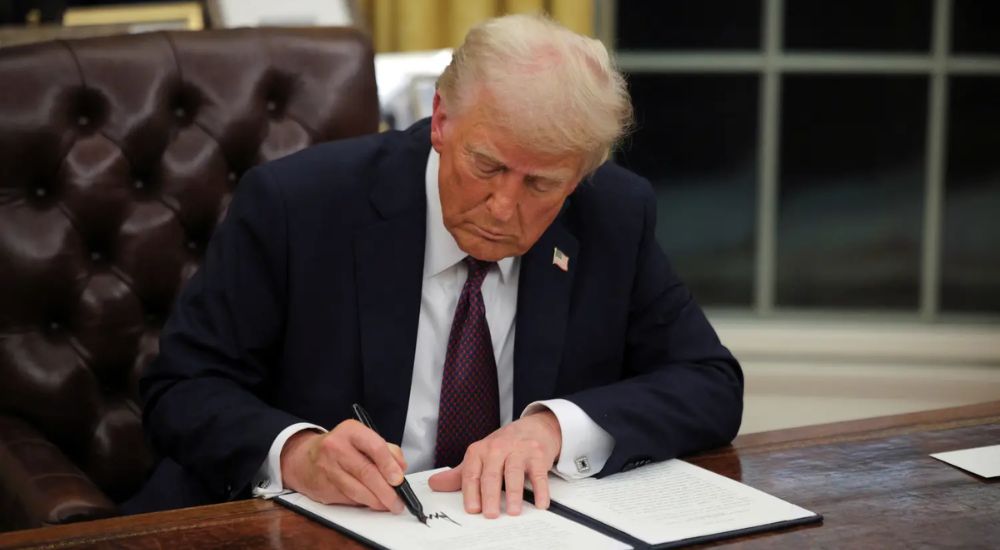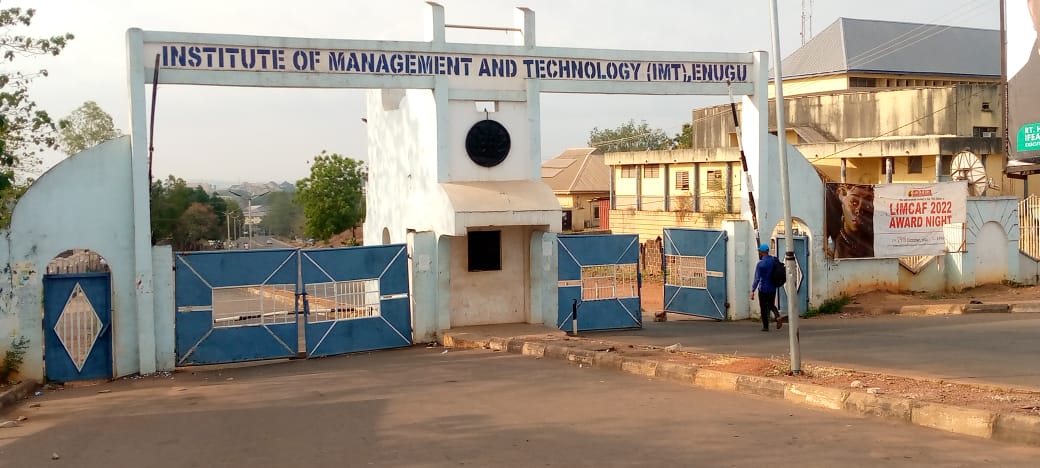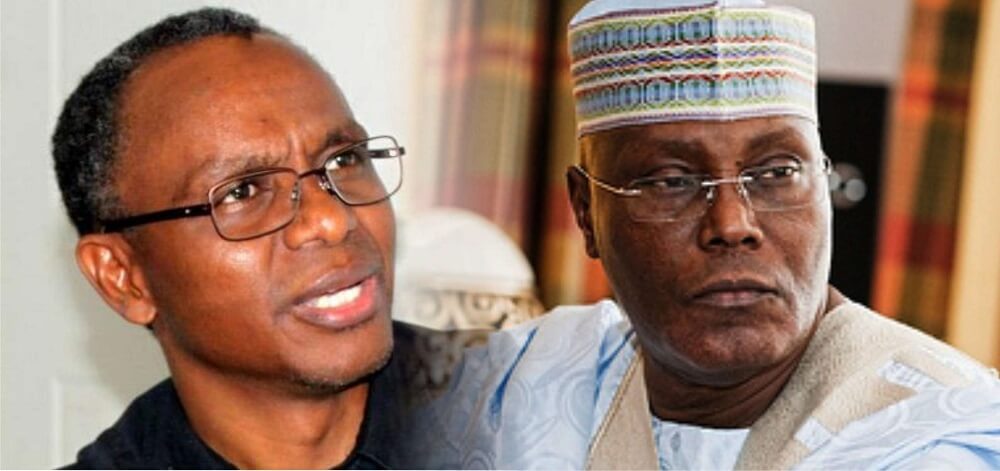US Offers $25m Reward For Arrest Of Venezuela’s President Maduro
The United States has increased its reward for information leading to the arrest of Venezuelan President Nicolás Maduro to $25 million on the same day he was sworn in for a third six-year term.
The inauguration was marred with widespread criticism from the international community and Venezuelan opposition leaders.
Alongside Maduro, rewards have also been announced for other top officials. Interior Minister Diosdado Cabello is now a target for arrest or conviction, while Defence Minister Vladimir Padrino faces a new $15 million reward.
The United Kingdom also joined the international effort by issuing sanctions against 15 senior Venezuelan officials, including judges, members of the security forces, and military leaders.
The Foreign, Commonwealth and Development Office accused those sanctioned of “undermining democracy, the rule of law, and human rights violations.” Foreign Secretary David Lammy described Maduro’s regime as “fraudulent.”
The European Union announced an extension of “restrictive measures” against Venezuela, citing “the lack of progress… leading to the restoration of democracy and the rule of law.”
The EU also sanctioned an additional 15 Venezuelan officials. Meanwhile, Canada imposed its own sanctions, with Foreign Minister Mélanie Joly condemning Maduro’s “shameless actions,” stating that “Canada will not tolerate the erosion of the democratic process or the repression of citizens seeking to express their rights.”
The US reward highlights narcotics and corruption charges against Maduro dating back to 2020, when he was accused of “narco-terrorism” for allegedly flooding the US with cocaine.
The Venezuelan leader has consistently denied these allegations, instead blaming US-led sanctions for his country’s economic collapse. Critics, however, attribute the crisis to corruption and economic mismanagement.
In his inauguration speech on Friday, Maduro vowed that his third term would bring a “period of peace, prosperity, equality, and the new democracy,” declaring, “I swear by history, I swear by my life, and I will fulfill it.”
However, the election results, held on 28 July, were widely condemned by the international community, with countries such as Brazil, Colombia, and the US rejecting the outcome.
While Maduro remains isolated on the global stage, he continues to receive support from allies including Iran, China, and Russia. Only the presidents of Cuba and Nicaragua attended the tightly controlled inauguration, where most Venezuelan media and all foreign journalists were excluded.
The US reimposed oil sanctions last year, following a brief relaxation aimed at encouraging Maduro to hold free and fair elections. The Venezuelan president remains defiant, criticising sanctions as “illegitimate and imperial.”
Meanwhile, opposition candidate Edmundo González, recognised by several nations as the legitimate president-elect, remains in exile in Spain. Maduro’s government has issued an arrest warrant for González, offering a $100,000 reward for his capture.
However, UN Secretary-General António Guterres has called for the release of those “arbitrarily detained” since the controversial elections.





